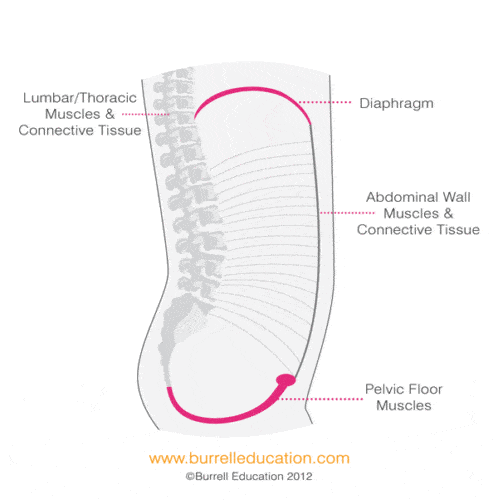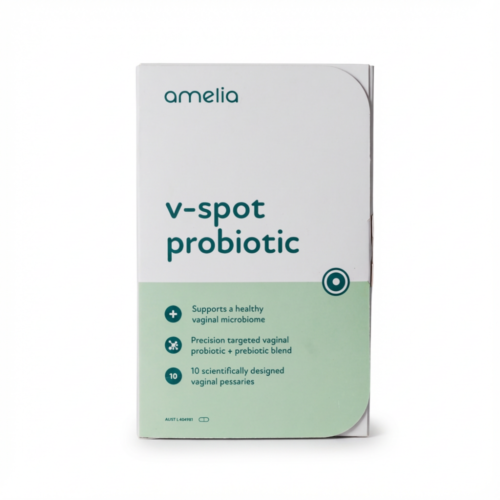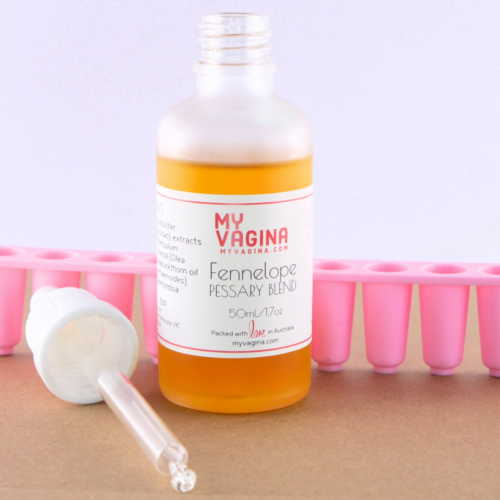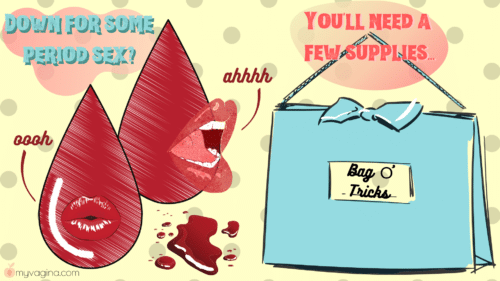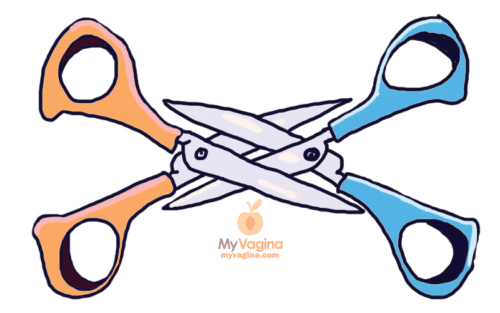If you’re a trans man and have a vulva and vagina, it may feel complicated or you may even feel disconnected from these parts of your body. Everyone’s experience with their anatomy is different, and there’s no ‘right’ way to feel about it.
Understanding the vulva and vagina can help you take care of your body, even if these terms don’t fully feel like they align with who you are.
Anatomical terminology
Here at My Vagina, we understand that some the anatomical terminology used may make some people uncomfortable due to this potential disconnection. Just to warn you, out of necessity, we use standard medical anatomical terminology.
What is the vulva?
The vulva is the external part of the anatomy that includes the labia (the “lips”), the clitoris, and the openings for the vagina and urethra (where you pee). The vulva can look different for everyone—different shapes, sizes, and colors are all normal.
What is the vagina?
The vagina is the internal passageway that connects the vulva to the uterus. It plays a role in things like menstruation, childbirth, and sexual activity, depending on your body and choices.
Anatomy
Understanding female anatomy
Here we take a closer look at what the female reproductive system looks like.
Understanding the pelvic floor
The pelvic floor is critical for supporting pelvic organs, keeping us going to the toilet effectively, and enjoying sex.
The vulva and vagina through ages and changes
An overview of how your vulva and vagina changes throughout your life, from being a newborn to old age.
Supporting your body on T
For trans men, navigating care for these parts of the body might feel challenging. Hormone therapy (HT), like testosterone, can cause some changes, such as thinning of the vaginal walls or changes in natural lubrication.
These changes are normal and can be managed with the help of a healthcare provider and useful natural tools such as My Vagina’s unique natural vaginal support, Fennelope. Fennelope is easy to use and 100% drug-free, to be used as often or as little as you need it.
Fennelope contains phytoestrogens (weak plant estrogens) to support local oestrogenic effect in the vagina, without affecting systemic estrogen levels.
Fennelope is a straight up soothing, phytoestrogenic application, a natural oil-based treatment used while you sleep.
Fennelope is very soothing, and supports strengthening and thickening of vaginal epithelial cells. This effect increases the performance of the cells, reducing uncomfortable symptoms of low estrogen in vaginal tissue.
Probiotic support
Probiotics designed to support the vaginal environment can be very useful, particularly when combined with Fennelope, to support protective lactobacilli populations.
V-Spot is a direct vaginal probiotic, not need to take any pills, just use vaginally as needed to support healthy flora.
Do not use oil-based Fennelope at the exact same time as the probiotics; use the probiotics at the opposite end of the day or on different days.
Getting support if things don’t feel right
It’s important to check in with your body and seek medical advice if something doesn’t feel right, like unusual pain, discomfort, or changes in discharge.
Taking care of your body doesn’t make you any less of a man—it’s an act of self-care and health. If the language or feelings around these parts of your body feel uncomfortable, you’re not alone.
Many trans and nonbinary people share these experiences, and there are supportive resources and professionals who can help you navigate them. Your body is yours to care for in a way that feels best for you, and My Vagina is here to help you.
How My Vagina can help
We understand the nuances of hormone therapy and its impact on the vaginal microbiome and body.
Our practitioners are highly skilled and are very comfortable treating trans men. Book a consultation in our specialist clinic.


